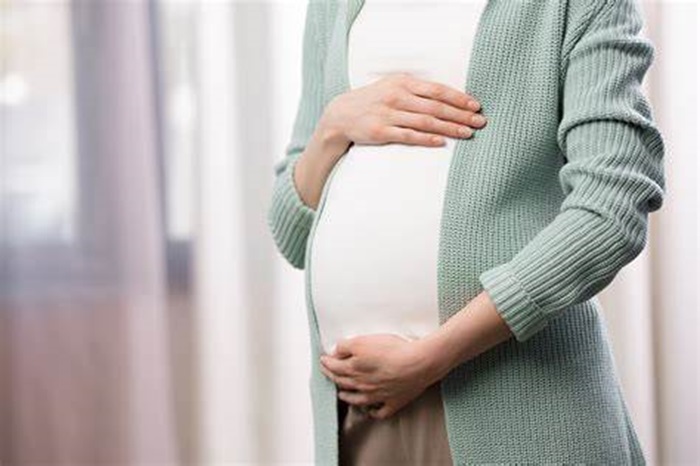Menopause is a natural biological process that marks the end of a woman’s reproductive years. During menopause, a woman’s ovaries stop releasing eggs and her body stops producing estrogen and progesterone. This means that after menopause, a woman cannot become pregnant naturally. However, with the help of in vitro fertilization (IVF), it is possible for some women to become pregnant after menopause. In this article, we will explore the possibility of pregnancy after menopause with IVF and what factors may affect the success of this procedure.
What is IVF?
In vitro fertilization (IVF) is a fertility treatment that involves fertilizing an egg with sperm outside of the body and then transferring the resulting embryo to the woman’s uterus. IVF is typically used to treat infertility, but it can also be used to help women who have gone through menopause become pregnant.
How does IVF work for women after menopause?
For women after menopause, IVF involves using donor eggs from a younger woman and fertilizing them with sperm from the woman’s partner or a donor. The resulting embryos are then transferred to the woman’s uterus. Because the woman’s body is no longer producing estrogen and progesterone, she will need to take hormone medications to prepare her uterus for pregnancy and to support the early stages of pregnancy.
Success rates of IVF after menopause
The success rates of IVF after menopause can vary depending on several factors, including the age of the donor eggs, the quality of the sperm, and the woman’s overall health. According to the American Society for Reproductive Medicine, the success rates of IVF using donor eggs are generally higher for women under the age of 35, with success rates decreasing as the woman gets older.
Risks and considerations of IVF after menopause
There are several risks and considerations to keep in mind when considering IVF after menopause. First, the use of hormone medications to prepare the uterus and support early pregnancy can increase the risk of certain health issues, such as blood clots and breast cancer. Second, because the woman’s body is no longer producing estrogen and progesterone, the pregnancy may be considered high-risk and require closer monitoring by a healthcare provider. Finally, the cost of IVF can be expensive, and insurance may not cover the procedure.
Conclusion
While menopause marks the end of a woman’s reproductive years, it is still possible for some women to become pregnant with the help of IVF using donor eggs. The success rates of IVF after menopause can vary depending on several factors, and there are risks and considerations to keep in mind when considering this procedure. If you are considering IVF after menopause, it is important to speak with your healthcare provider to determine if this procedure is right for you and to discuss the potential risks and benefits.
Related topics:
- What Is The Best Treatment For Polycystic Ovary Syndrome?
- Can Women Get Pregnant After Menopause?
- What Are The Symptoms Of Low Progesterone During Menopause?


